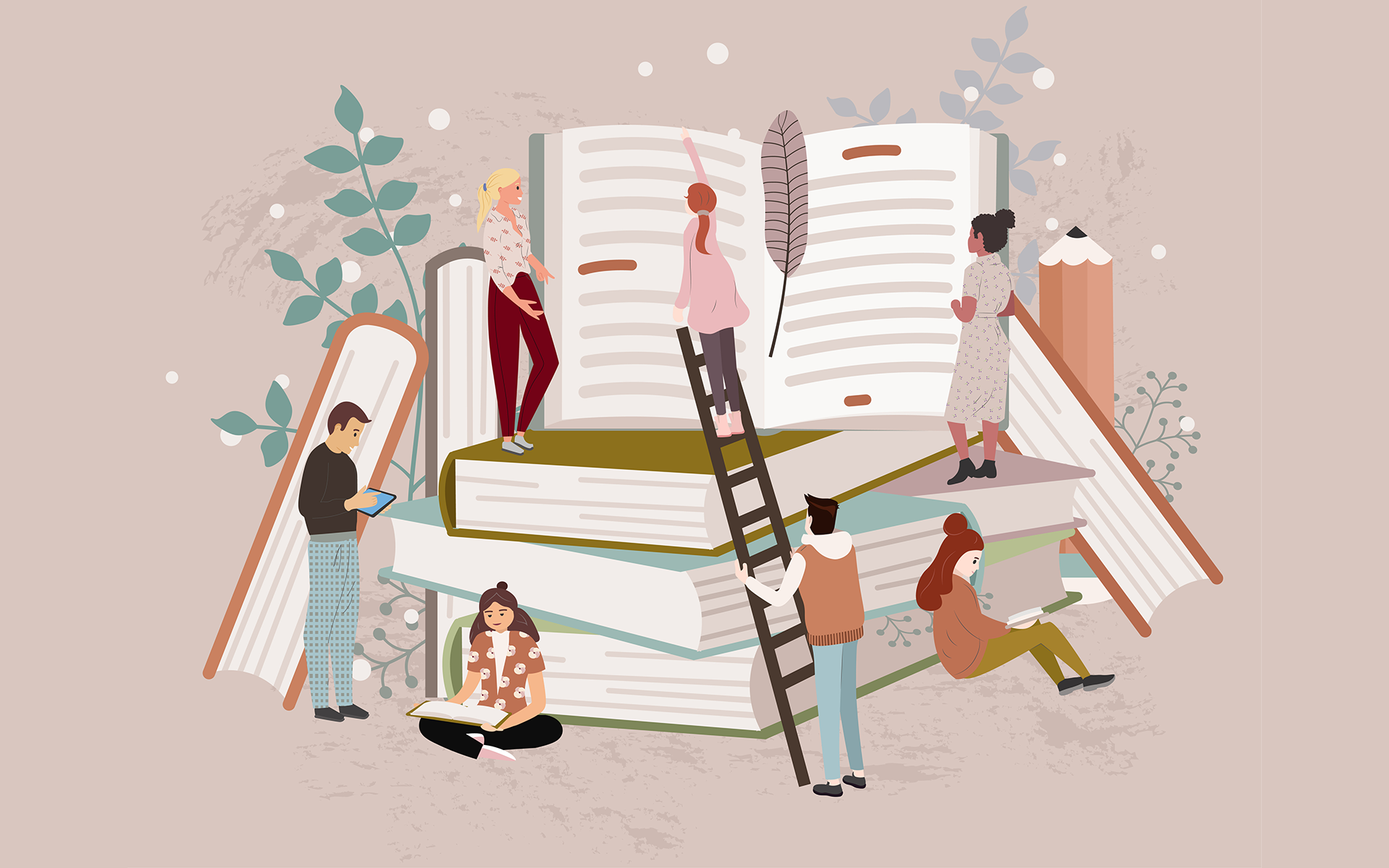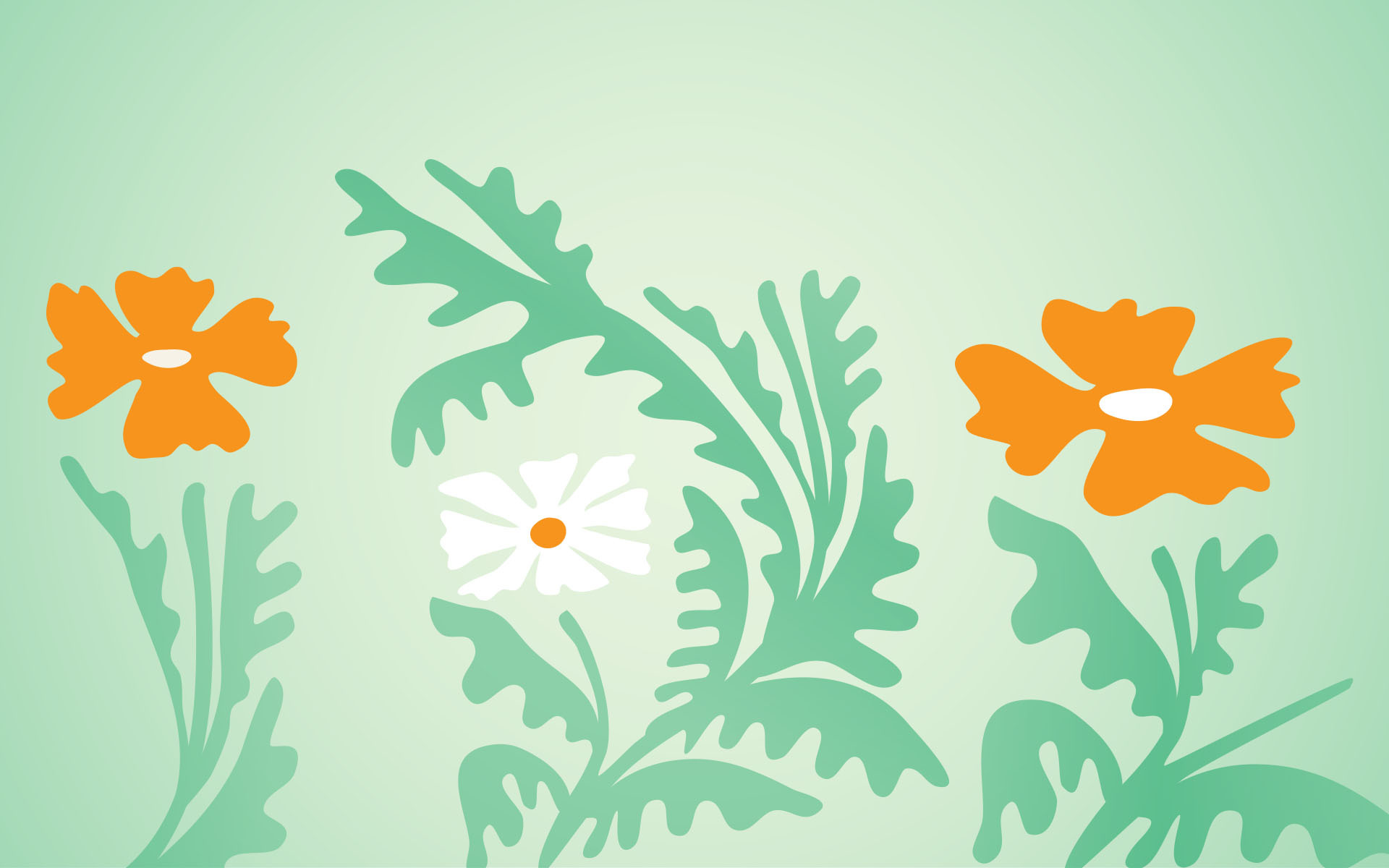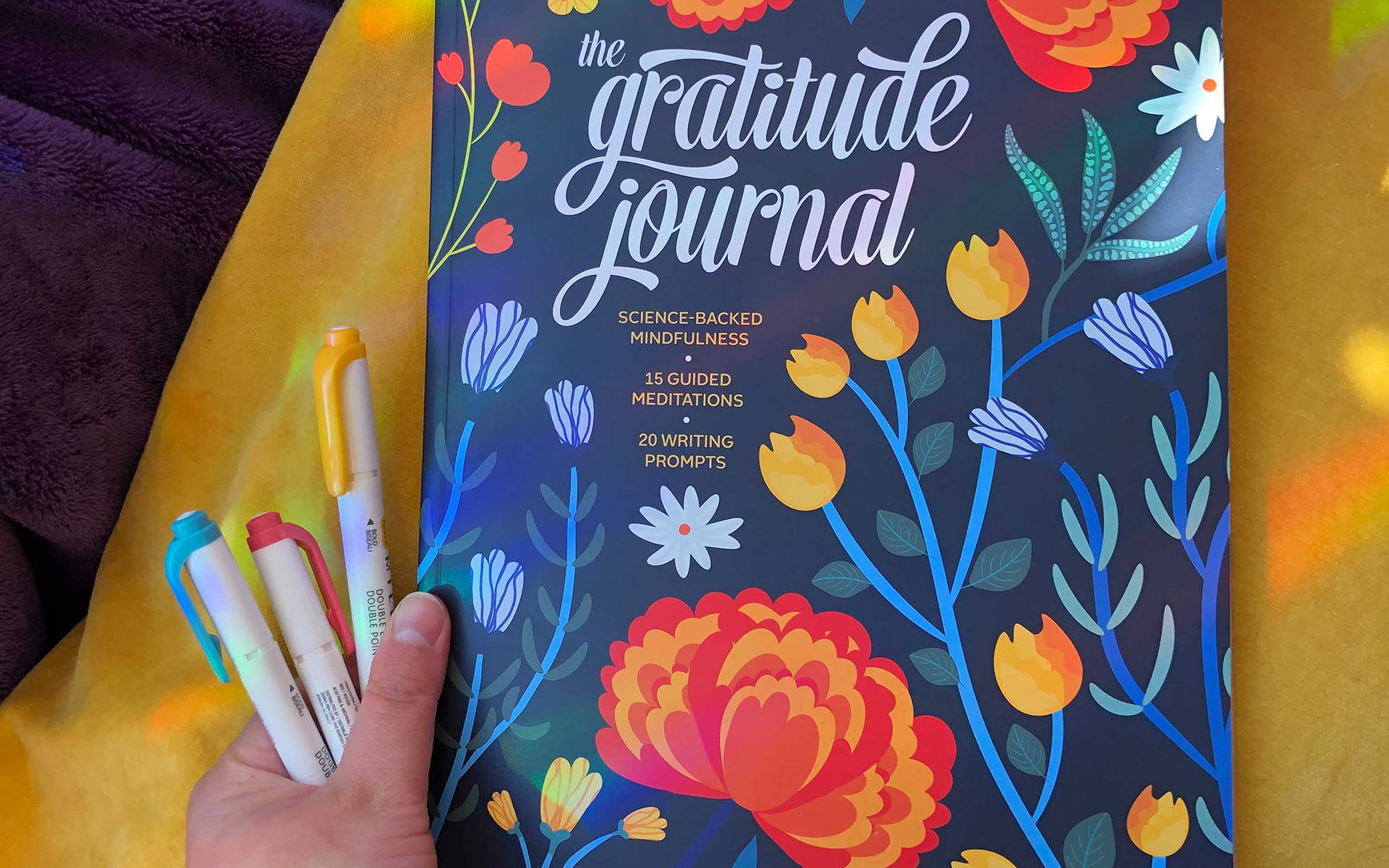1. Sonorous Desert
What Deep Listening Taught Early Christian Monks—and What it Can Teach Us
Kim Haines-Eitzen • Princeton University Press
Most of us likely think of deserts as barren with no redeeming value. Not so for Kim Haines-Eitzen, who finds a rich soundscape there that promotes solitude. That gift of solitude, she says, explains why some of the earliest contemplative practitioners, the Desert Fathers, sought refuge there. Haines-Eitzen grew up in the Middle East and, from an early age, was taken with the power of the desert, both the simplicity of its landscape and the “sound of desert silence.”
When you sit quietly in a place with seemingly so little going on, you hear the sound of air and animal noises in a way that might escape notice when you’re in preoccupied mode. Haines-Eitzen points out that “we often forget to give sound the close attention it deserves… Sounds encircle us, reverberate within our bodies, emanate from above and below.”
“Paying attention to sound offers us an opportunity to come into our bodies, inhabit our place of being, and understand who we are.”
Kim Haines-Eitzen
This is not a religious book. It’s simply about how much we can hear if we listen deeply, “with the ear of the heart.” It asks us to consider learning from the early contemplatives’ appreciation for listening to something other than human-made noises and our internal monologue. “Paying attention to sound,” she writes, “offers us an opportunity to come into our bodies, inhabit our place of being, and understand who we are.”
Throughout the book, QR codes appear. Aiming a smartphone camera at them will lead you to recordings of desert soundscapes that are every bit as captivating as listening to someone talking about solitude and silence—in fact much more so. – BB
2. Surviving Storms
Finding the Strength to Meet Adversity
Mark Nepo • St. Martin’s Essentials
Prolific writer and philosopher Mark Nepo helps us reflect on where we’ve been, where we are, and how we want to grow toward the future and, yes, its inevitable storms. Through far-ranging prose (on the nature of geological storms, the healing process of “inner triage,” the social effects of reality TV), interspersed with poetry and writing/conversation prompts, Nepo explores how knowing ourselves deeply can strengthen us to stay resilient and connected to our hearts and to one another. “The heart’s process of renewal and connection is the oldest and most reliable resource we have,” he reflects. “Following the heart as our teacher leads to an inner exploration we each must map for ourselves.” –AT
3. Tuesdays in Jail
What I Learned Teaching Journaling to Inmates
Tina Welling • New World Library
Tina Welling has led a journaling workshop at the jail in Jackson Hole, Wyoming, for the past seven years. Now she’s sharing her experience through a series of anecdotes that highlight the benefit of community-building initiatives in the prison system. Welling is honest about not having a degree or training that relates to working with incarcerated people, nor first-hand experience with crime or addiction. But with that honesty comes an openness that she brings to her weekly workshops and to the pages of Tuesdays in Jail. We get a glimpse inside the walls of the jail where Welling learns more about her students, herself, and the human experiences that connect us all. –KR
4. Let Your Light Shine
How Mindfulness Can Empower Children and Rebuild Communities
Ali Smith, Atman Smith, and Andres Gonzalez • TarcherPerigee
In this book, the founders of the Holistic Life Foundation (HLF) offer a compelling and comprehensive blueprint for radical change that begins with each of us and uplifts all of us. We get to know the Smith brothers and Gonzalez, their best-friendship, and the ways the HLF grew organically from the Smiths’ roots in the rough neighborhood of West Baltimore where they were raised by adults with deep meditation and yoga practices. Today, they offer yoga and mindfulness programming in underserved communities, empowering children and adults alike to become stewards of change.
“Even if we don’t all know all the details, we feel the facts of American history in our bones and see it reflected back to us, in the societies we live in.”
Ali Smith, Atman Smith, Andres Gonzalez
Early in Let Your Light Shine, the reader meets the lovable and wise Uncle Will, the Smiths’ godfather and mentor to all three authors. He told the boys, “I’m not a teacher, I’m a reminder,” which became a central idea to their programming. “Even if we don’t all know all the details, we feel the facts of American history in our bones and see it reflected back to us, in the societies we live in,” the founders write. Immediately, they lay a groundwork of honesty that they maintain throughout the book. They ask the reader hard questions and keep us accountable. And they don’t over-promise. The authors are clear about the messiness of the journey of first healing oneself, and then the unpredictability of helping to heal our communities, especially when working with children. Rolling with whatever arises is part of the work.
“The ones who are suffering, the ones who make you most angry, or have the most frustration, they’re the ones who need the love most,” they write. “We really need to go out there and spread love. So making a change, making people teachers, empowering them with the practices, is what you do to make a bigger change.” This book offers the practical tools, compassion, and permission we need to help make that change. –AWC
5. Beloved Economies
Transforming How We Work
Jess Rimington and Joanna L. Cea • Page Two
“Why are we trapped in exhausting, harmful modes of working, and what is possible when we innovate out of them?” ask Jess Rimington and Joanna L. Cea. Throughout Beloved Economies, the duo meet difficult questions with skill and optimism. They spent seven years (including a stint as visiting scholars at Stanford) learning how organizations and companies challenge “business as usual” by “prioritizing well-being, meaning, connection, and resilience.” Here, they offer guidance to help us all transform what isn’t working about the way we work.
“Why shouldn’t we have an economy that makes us feel valued and cared for? Makes us feel safe. Seen. Inspired.”
Jess Rimington and Joanna L. Cea
Cea and Rimington begin by naming how the growth-at-all-costs paradigm drives illness, injustice, and the climate emergency. Their questions feel daring, unbounded, full of love: “Why shouldn’t we have an economy that makes us feel valued and cared for? Makes us feel safe. Seen. Inspired.” Taking cues from civil rights leaders Dr. Martin Luther King, Jr. and Dr. Virgil A. Wood, the authors call this a beloved economy. They recommend seven practices to align with this vision: Share Decision-Making Power; Prioritize Relationships; Reckon with History; Seek Difference; Source from Multiple Ways of Knowing; Trust There Is Time, and Prototype Early and Often.
The following chapters flesh out each practice with real-world examples. Collaborators include RUNWAY, an Oakland-based financial firm that implemented UBI for Black entrepreneurs early in the pandemic; the Creative Reaction Lab in St. Louis, MO, that helps institutions redesign to embrace equity and diversity; and Buffalo, NY’s popular education programs that uplift the region’s vibrant histories. All demonstrate that transformative leadership isn’t about having the answers, but rather about imaginatively reorienting ourselves, one decision at a time, toward radical connection, respect, and belonging. –AT
6. How We Grow Through What We Go Through
Self-Compassion Practices for Post-Traumatic Growth
Christopher Willard • Sounds True
How We Grow Through What We Go Through offers the reader the latitude to explore how trauma shows up for us as individuals, then the opportunity to consider a personalized path forward with an array of options at our fingertips. Christopher Willard welcomes readers in with a compassionate and easy-to-follow breakdown of the latest neuroscience of trauma. He normalizes and explains the ways traumas and triggers can show up in our bodies, minds, and hearts, offering dozens of mindfulness practices to help each of us tailor our journey to fit what we need in the moment.
“That’s what we can do: We can love ourselves and keep going forward. We may not forget, but we can reset, restart, and rebuild a life stronger for what we’ve been through,” Willard writes. This is a straightforward, unpretentious guidebook for anyone looking to understand their trauma and how science-backed mindfulness practices can help us open our hearts to both ourselves and others in order to heal. –AWC
7. Rest is Resistance
A Manifesto
Tricia Hersey • Little, Brown Spark
In reading what Tricia Hersey calls a field guide to navigate the reality of capitalism and white supremacy, a metaphorical pillow, a map for “rest as resistance,” what is prominent is her continual nods to the work she draws from. Each chapter begins with a spacious invitation to slowly read quotes, poems, rest meditations, and acknowledgments to her inspiration: Afro-futurism, Womanist theology, intergenerational wisdom, and Black Liberation theology, to name a few. Hersey reminds us that the possibilities for rest are endless (even if that requires deprogramming from the fear embedded in “hustle culture”). For you, rest might be accepting Hersey’s invitation to take a nap in the middle of the day. For someone else, rest might be taking a break from social media. We each get to choose what serves our mind and body most, within the restless dominant culture—and Hersey’s gentle call to lie down while reading her book is a modest place to start. –KR
3 Mindfulness Podcasts to Listen to This Winter
1. Finding Our Way
Episode: “Feeling Whole with Sonya Renee Taylor”
Returning guest Sonya Renee Taylor joins host Prentis Hemphill to discuss what, to Hemphill, feels like the edge of something. The edge of a paradigm shift. While the pair toss what that means back and forth, the idea of practice becomes central to the conversation. “Systems don’t afford you the space to practice without drastic consequences,” Taylor says. For Black children that often means not being able to practice being an adult, Taylor notes; they aren’t given leeway to get it wrong and be forgiven. The solution, both agree, is complex. It requires breaking down systems, yes, but also infusing our actions, decisions, and reactions with grace. –KR
2. Rethinking With Adam Grant
Episode: “Satya Nadella is building the future”
To see high-powered mindful leadership in action, look no further than Microsoft’s third CEO, Satya Nadella. Over time he’s shifted the company’s culture from one of intense competition toward cooperation. “I borrowed from Carol Dweck’s work on growth mindset,” he says. “It helped us go from ‘know-it- alls’ to ‘learn-it-alls,’ which gave us more permission to look inwards.” This tech-oriented yet broadly insightful conversation, hosted by organizational psychologist Adam Grant, explores our relationship to remote work, well-being as key to productivity, the question of “refraining from weekend emails” as a leader, what makes people want to come back to work, and how managers can show deep care for employees. –AT
3. Being Well Podcast
Episode: “Healing Trauma in a Toxic Culture with Gabor Maté’”
Dr. Gabor Maté is an expert on trauma, addiction, and childhood development. In this episode, he joins podcast hosts Dr. Rick Hanson and his son Forrest for a sprawling conversation about Maté’s new book. The subject matter spans numerous philosophies, religions, theories, and personal stories with a throughline of whole-body, whole-society well-being. Maté offers a fascinating perspective on human health as deeply relational in every way, tied to our physical, psychological, and social environment. He offers much food for thought when we consider the medical sector, what it means to be well in today’s Western world, and the harmful effects of suppressing what we really feel. –AWC
read more
What it Means to “Let Go” (and Why It’s an Essential Part of Healing)
When we’re focused on who we’ve been and the decisions we’ve made in the past, we often lose track of our authentic selves in the present. The process of letting go of the past and embracing change allows us to engage fully with our own healing.
Read More
10 Mindfulness Books You’ll Want to Read This Fall
Dive into an emotion-centered approach to the climate crisis, a delicious guide to mindful cooking, the embodied science of anxiety, and much more in these new books and podcasts.
Read More
The Mindful Gratitude Calendar
Bring the practice of gratitude into your daily life with this two-week journey inspired by our Gratitude Journal.
Read More















